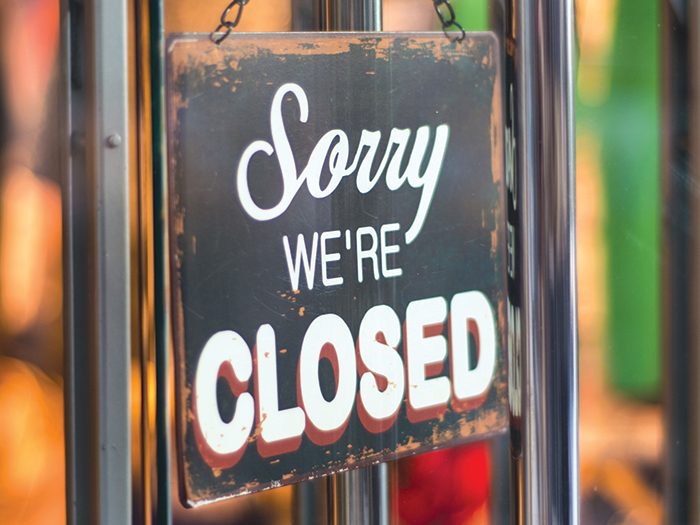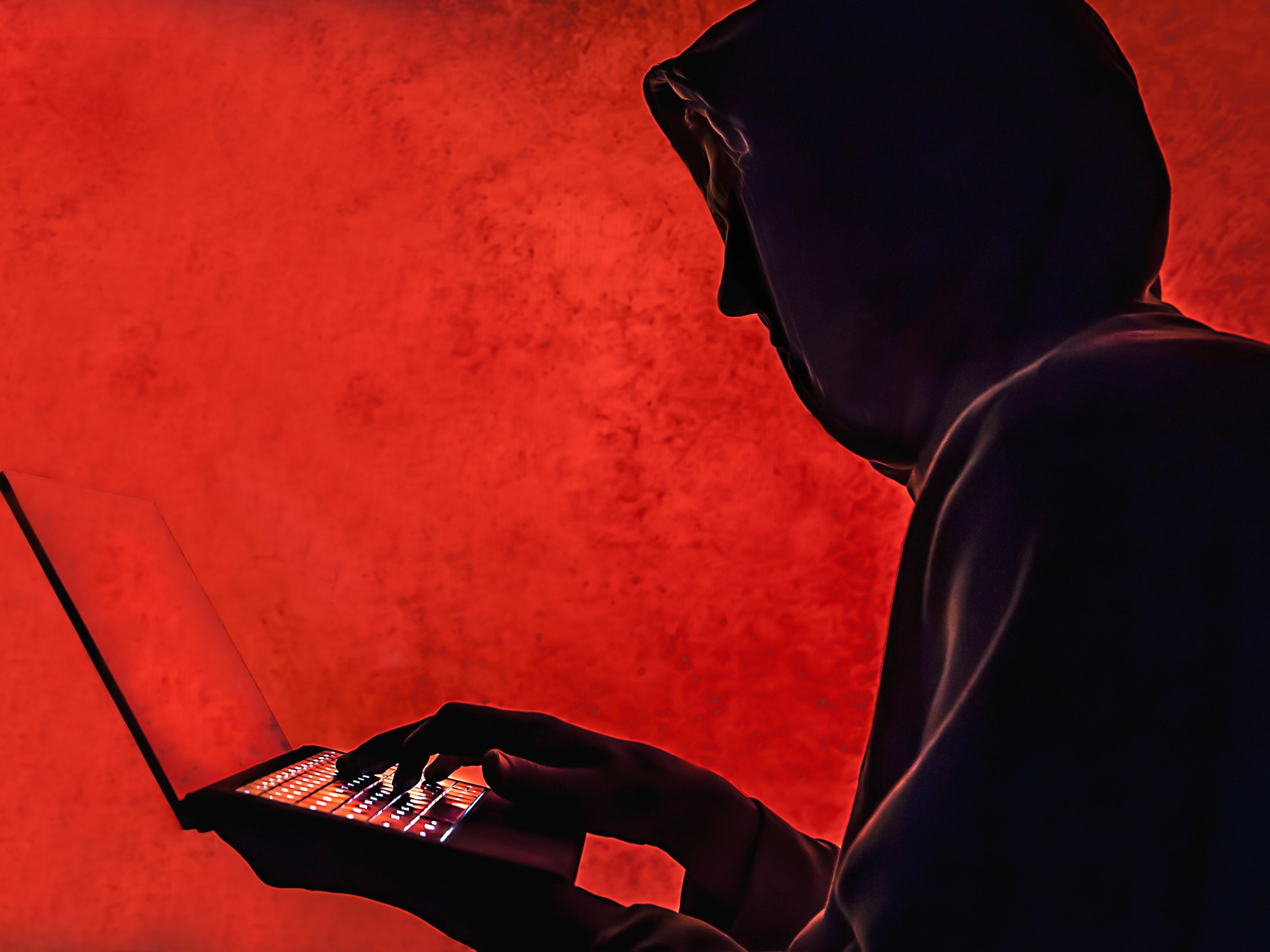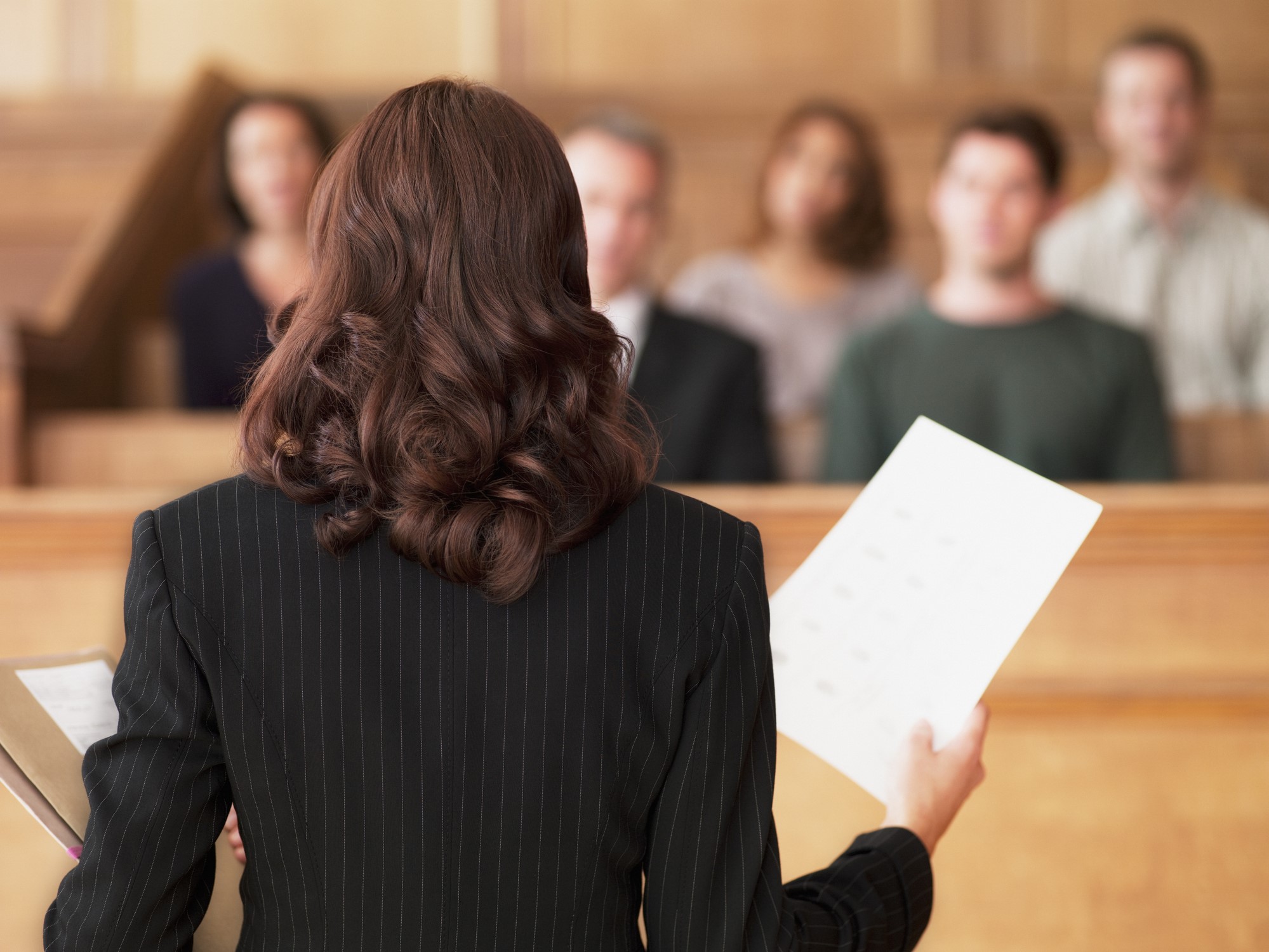Public Safety
Readying for Rowdy Fans

Prior to the NFC Championship game in Philadelphia, the city’s police department issued guidelines for local shops, advising owners to keep any gates locked if they were to be closed at game time and remove any unsecured outdoor items like trash cans, signs and flowerpots. They also asked bar owners to serve drinks in plastic cups instead of glass.
In the city’s downtown area, police applied Crisco to keep revelers from climbing traffic lights and poles.
But that city is no stranger to exuberant — and destructive — fan celebrations. Stories of fans flipping cars, smashing windows and setting fires after a win or loss provide cautionary tales for storefronts near major events. Lack of experience exposes businesses to being underprepared and possibly under-insured.
“Any major event has two distinct footprints — inside the venue and outside the venue,” said Michael Greear, director of risk control, Aon Risk Services. “The NFL has stringent security in place at all their stadiums, but the surrounding neighborhoods may not be as prepared.”
Buttering streetlamps may not be necessary everywhere, but there are steps businesses can take to mitigate damage from a disorderly crowd:
- Remove loose objects. Anything not bolted to the ground or a wall should be taken inside, including patio tables and chairs, portable heat lamps, signs, trash cans and decorations.
- Add security. Hiring additional security for the day of the event can be a deterrent to potential troublemakers. “People get caught up in the crowd mentality,” Greear said. “A normal citizen may never think to do something destructive, but get them in a crowd and they start doing strange things. Having guards visible can check some of that behavior.”
- Install cameras. Security cameras are a critical tool to document any incidents of property damage or injuries on a property. They can also help to establish liability if a dispute arises over where exactly an incident occurred. Like security guards, visible cameras also deter criminal activity.
- Implement incident documentation and reporting procedures. “You have to be able to record what happened if you want to make a claim,” Greear said. “For many business owners, documenting an incident might just mean calling the police. But when you have an event like the Super Bowl, the police will probably be busy. You need a procedure to capture all the details.” In addition to cameras, that procedure could include incident report forms to document the time of the incident, how it happened and exactly what damage resulted. It’s also imperative to check insurance policies for reporting requirements. Many will stipulate filing a claim within a specific time frame.
- Know your coverage. Property policies can vary widely in their scope and limits. “Business owners should call their broker and revisit their policies to confirm what’s covered, what’s not and how to file a claim,” Greear said. &










